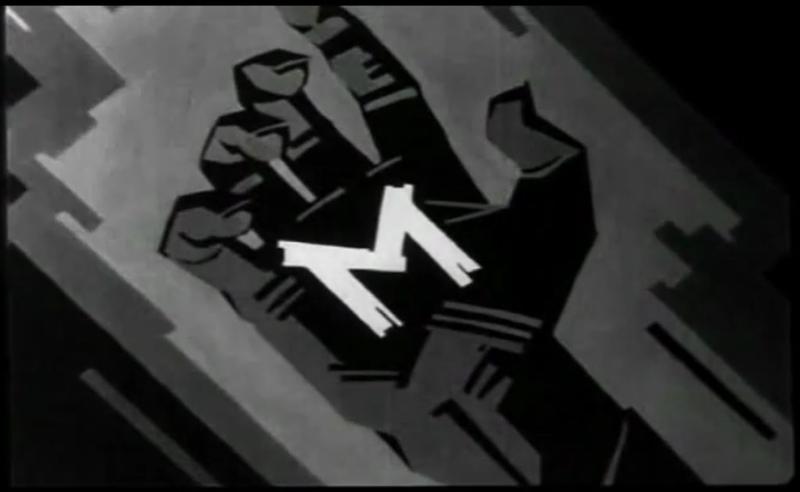Classically evil
by James Bennett II
Classical music can’t catch a break—at least, as far as dastardly deeds are concerned. If you’re even passingly familiar with popular culture, you can probably recognize a scheme coming together with the help of a strategic classical soundtrack.
Like us, arts critic Theodore Gioia wondered why we tend to associate classical music with evil. In an essay for The American Scholar, Gioia posits that the trope’s origins began rather cleverly. Classical tunes didn’t used to be used so heavily to imply evil in films, but Gioia argues that things took a hard left with Kubrick’s A Clockwork Orange. Although the movie wasn’t the first to include an evil mind indulging his classical sensibilities (Fritz Lang’sM for example, featured a Grieg-whistling child-killer), it did a powerful job of associating classical music with villainous passion and even featured it as a major plot device. To the main character, “Ultraviolence” and Beethoven go hand-in-hand so tightly that when he is forced into rehabilitation, he is conditioned to associate the German composer with all things vile. The sound of the music drives him mad.
What ensued afterwards was a copycat effect of sorts; it became increasingly common to use classical music as a shorthand for evil. Gioria points out that the trope persists, even when it makes absolutely no sense to the narrative, like when Senator Palpatine muses about the dark side to a Hayden Christen just doing his absolute very best. All while at… the Galactic opera? (Also, we get that it’s what appears to be a private box, but someone should have told the Senator to shut up).
The spiciest take from this essay is that this cultural association has a deleterious effect on classical music’s reputation among younger audiences. “These scenes materialize the phantom suspicion that the real threat to the Common Man is not the raving lunatic in the streets but the polite psychopath in the opera box,” Gioia writes. “We mistake malevolence as sophistication because it’s wearing a suit and a tie.”
After decades of conditioning that tells us that the opera is where psychopaths go to socialize during a night on the town, why the hell would the Everyman voluntarily hang out there?
Regardless, it’s clear that movies and TV just can’t quit the classical-evil connection, leading to some interesting results. That M clip you watched earlier? I can’t help but think of The Wire’s Omar when I see that. The cold-blooded criminal also has a fondness for whistling while looking for prey. But he’s a Robin Hood-esque hero that’s literally robbing the hood, stealing from gangsters and redistributing the wealth to Baltimore’s most impoverished. You won’t hear any Grieg coming from his lips, but maybe a popular folk song like The Farmer in the Dell.
